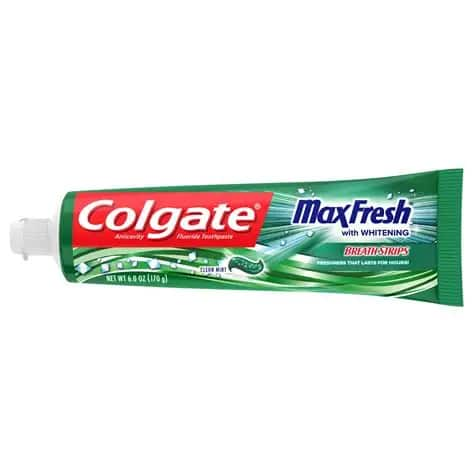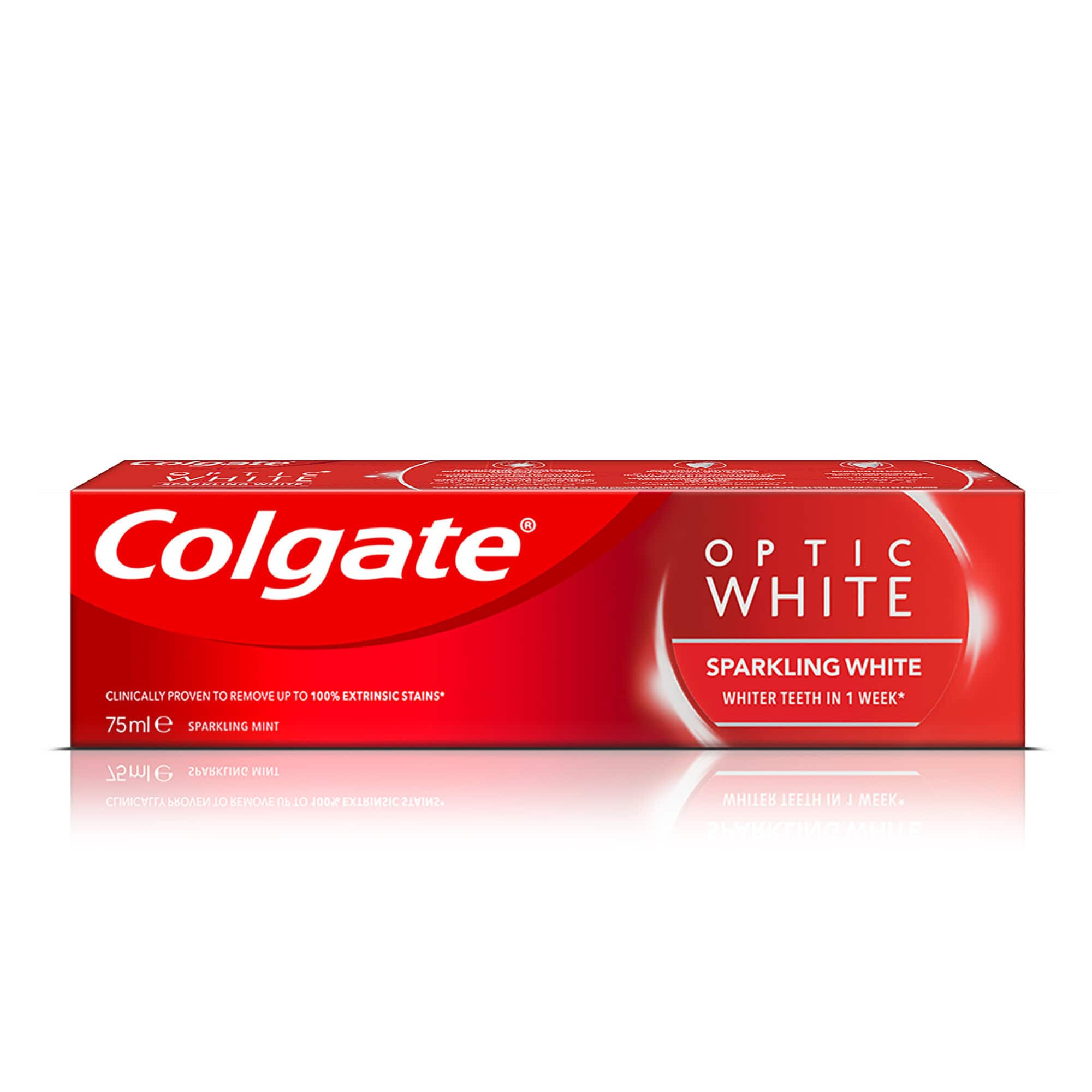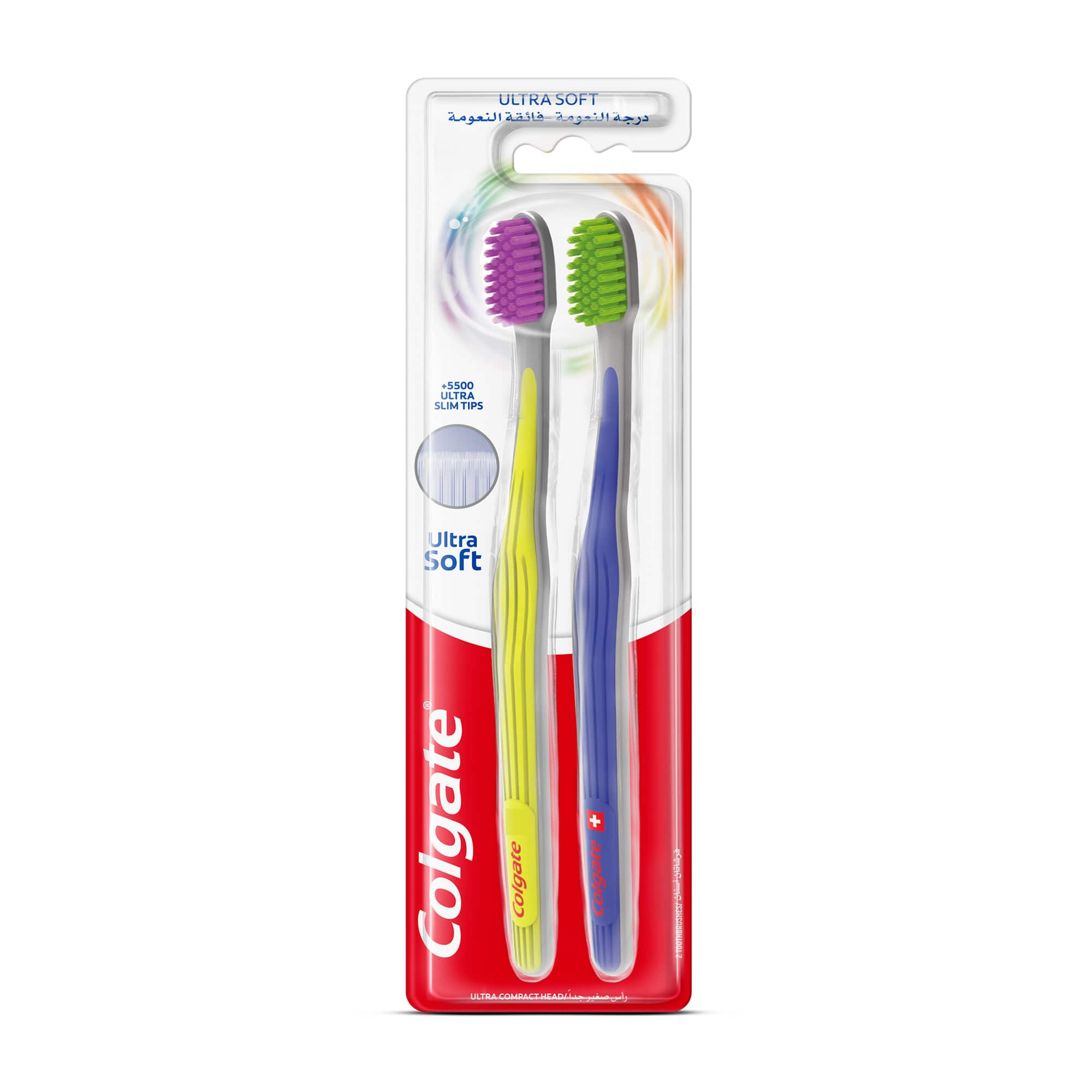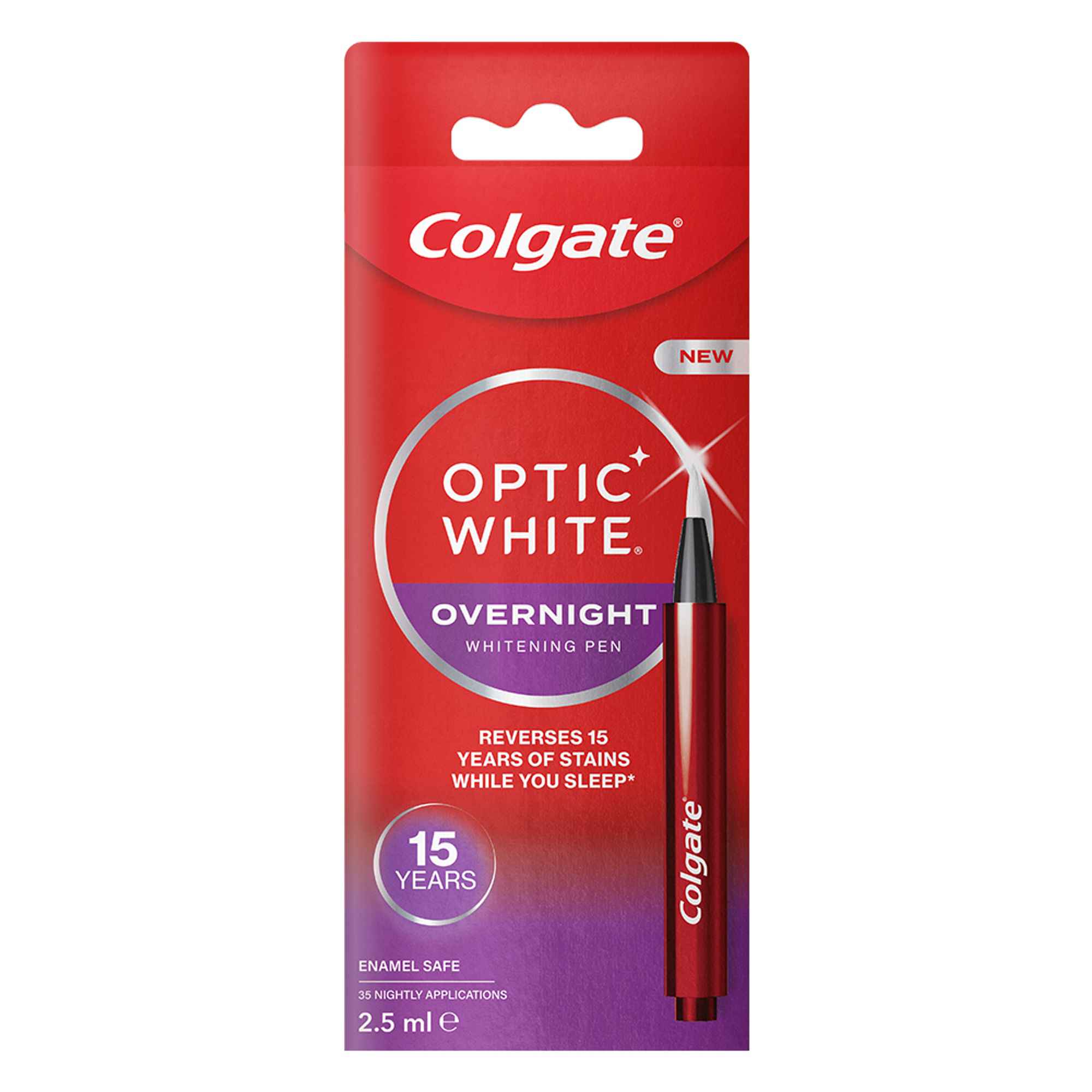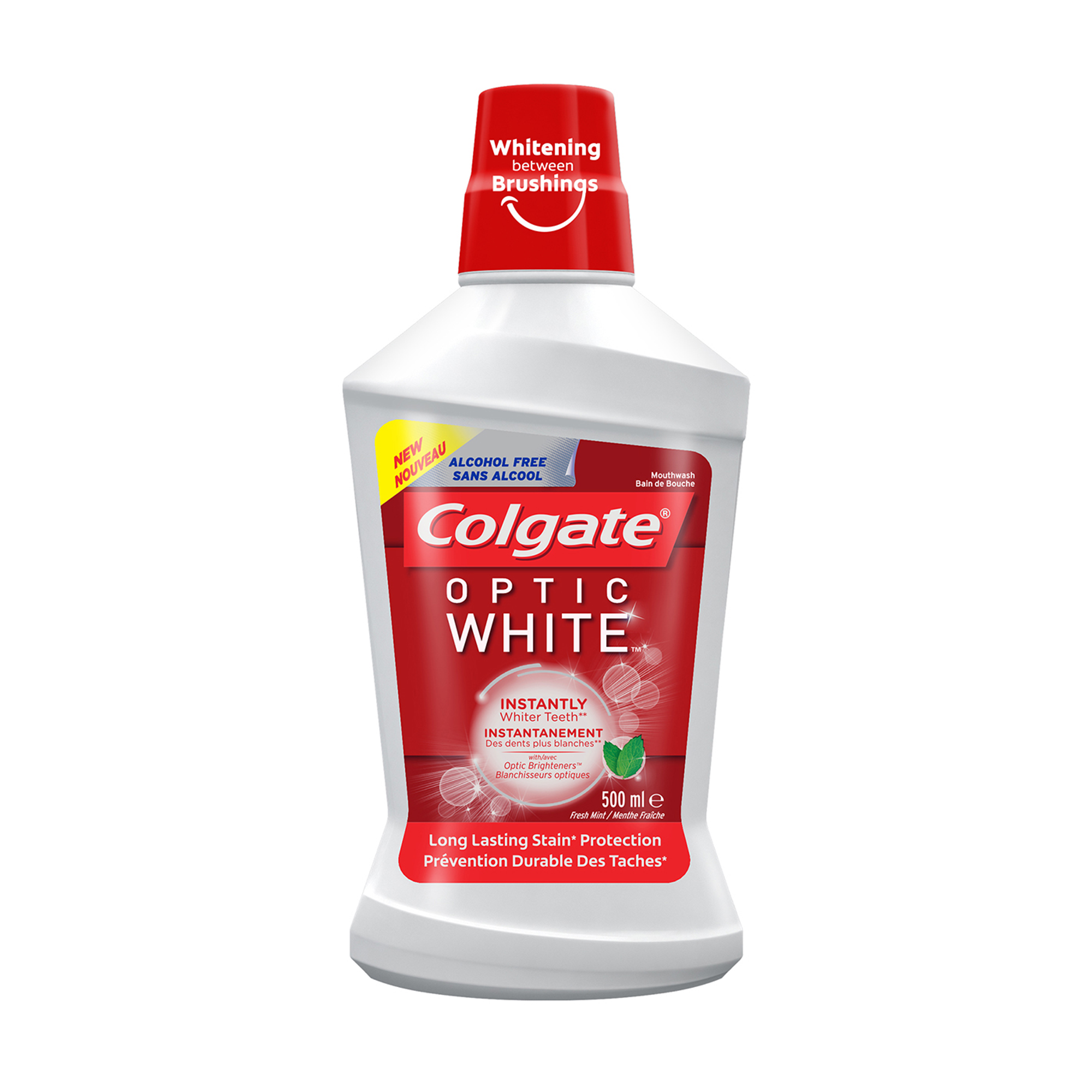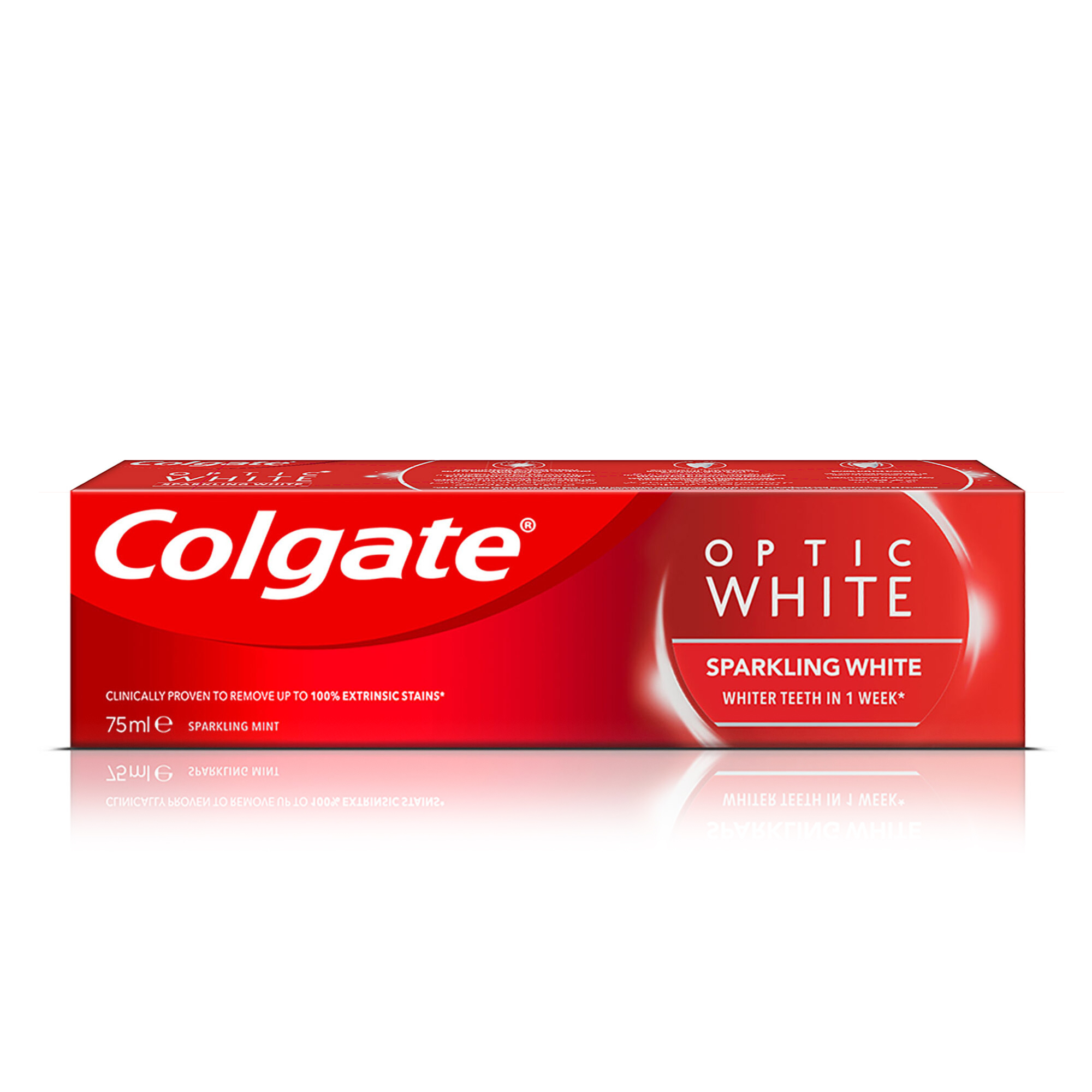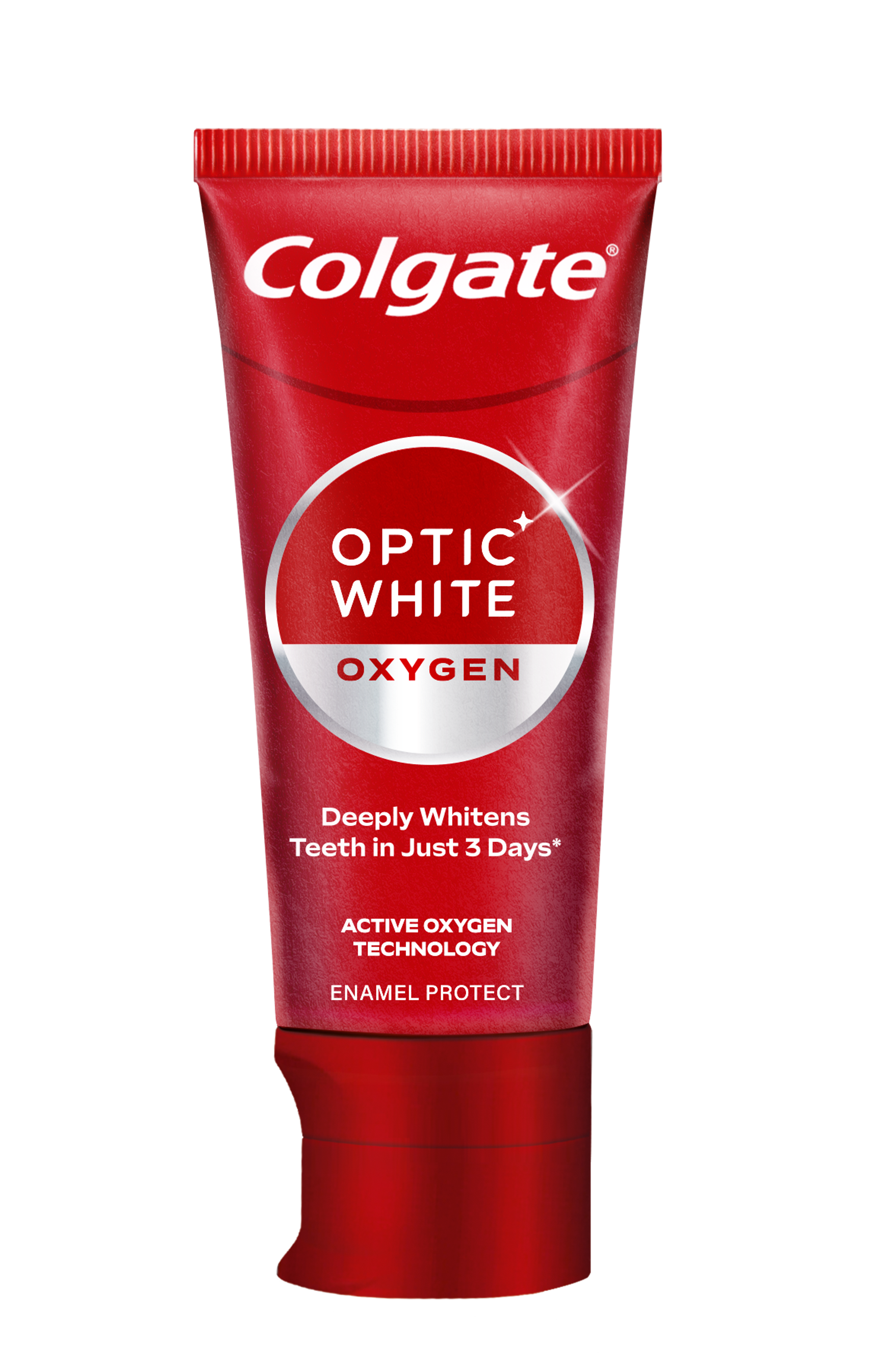-
-

NUTRITION AND ORAL HEALTH
What is Dental Public Health? A Look at How It Can HelpMany oral diseases can be prevented with routine care and regular dental checkups...

NUTRITION AND ORAL HEALTH
How to Limit the Effects of Sugar on TeethCookies, cakes, candy and sodas – everywhere you go, there are sugary treats to tempt...
-
Science & Innovation
- Colgate® | Toothpaste, Toothbrushes & Oral Care Resources
- Oral Health
- Why Should I Whiten My Teeth?


Maybe you've always wanted a beautiful white smile. Or your teeth have yellowed over time. Or you're not happy with the staining that results from drinking coffee, tea or cola. Whatever your reason for wanting whiter teeth, you're not alone.
Just like we all have different hair and skin color, people also have different tooth color. Some teeth are more yellow than others, while others yellow with aging. Your natural tooth color can also be affected by many factors.
Surface stains and internal discoloration can be caused by:
- The natural aging process
- Using tobacco (smoked or chewed), drinking coffee, tea,
colas or red wine, and eating pigmented foods such as
cherries and blueberries - Accumulation of plaque and tartar deposits
- Ingesting too much fluoride (more than 2 parts fluoride per million
parts water) when teeth are forming, which gives teeth a "mottled" look - Treatment with the antibiotic tetracycline during childhood
- Trauma to the teeth that may cause a brown, gray or black color
There are many reasons for whitening your teeth, including:
- The boost to your confidence and self-esteem that comes from a great smile
- A younger appearance
- A special event such as a wedding, job interview or class reunion
- To make a positive first impression on others
- To simply reverse years of everyday staining and yellowing
Before beginning any whitening procedure, be sure to consult with your dentist. Only he or she can evaluate whether you're a suitable candidate for a particular treatment. You may also consider starting at home by changing some simple habits like opting for a whitening toothpaste.
Copyright © 2002, 2003 Colgate-Palmolive Company. All rights reserved.
11/15/2010
This article is intended to promote understanding of and knowledge about general oral health topics. It is not intended to be a substitute for professional advice, diagnosis or treatment. Always seek the advice of your dentist or other qualified healthcare provider with any questions you may have regarding a medical condition or treatment.
Related Articles


Before you pick up a toothpaste that promises to whiten your teeth, make sure you understand the how's and whys so you can pick the right product for you.
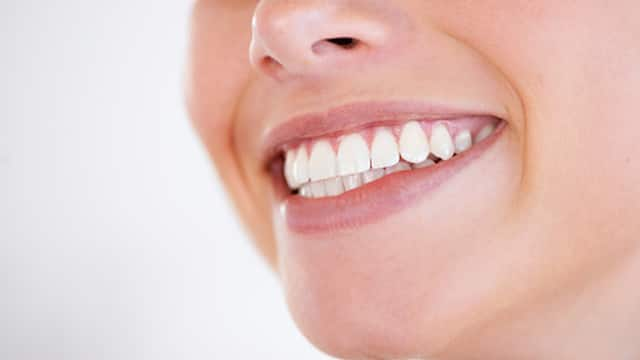
Related Products

Helping dental professionals
More professionals across the world trust Colgate. Find resources, products, and information to give your patients a healthier future

